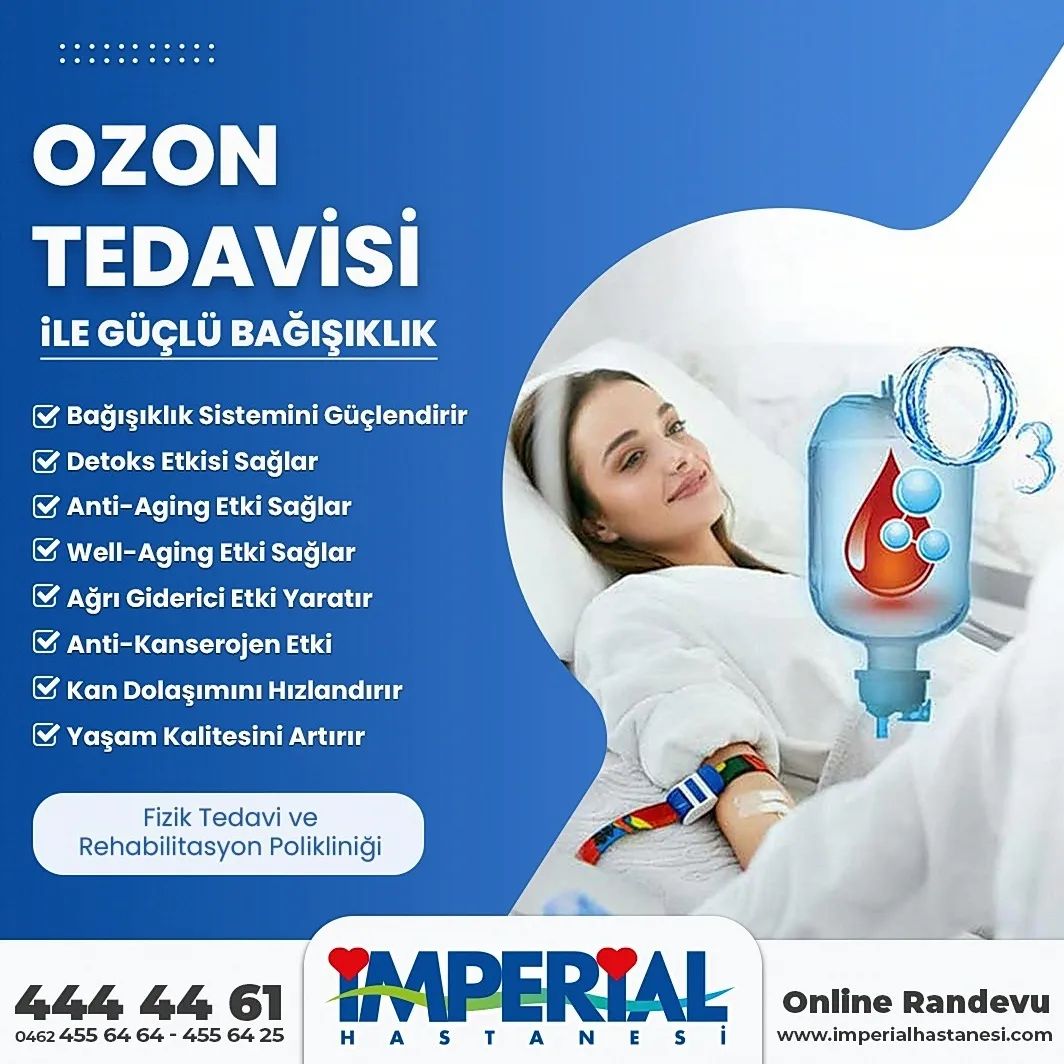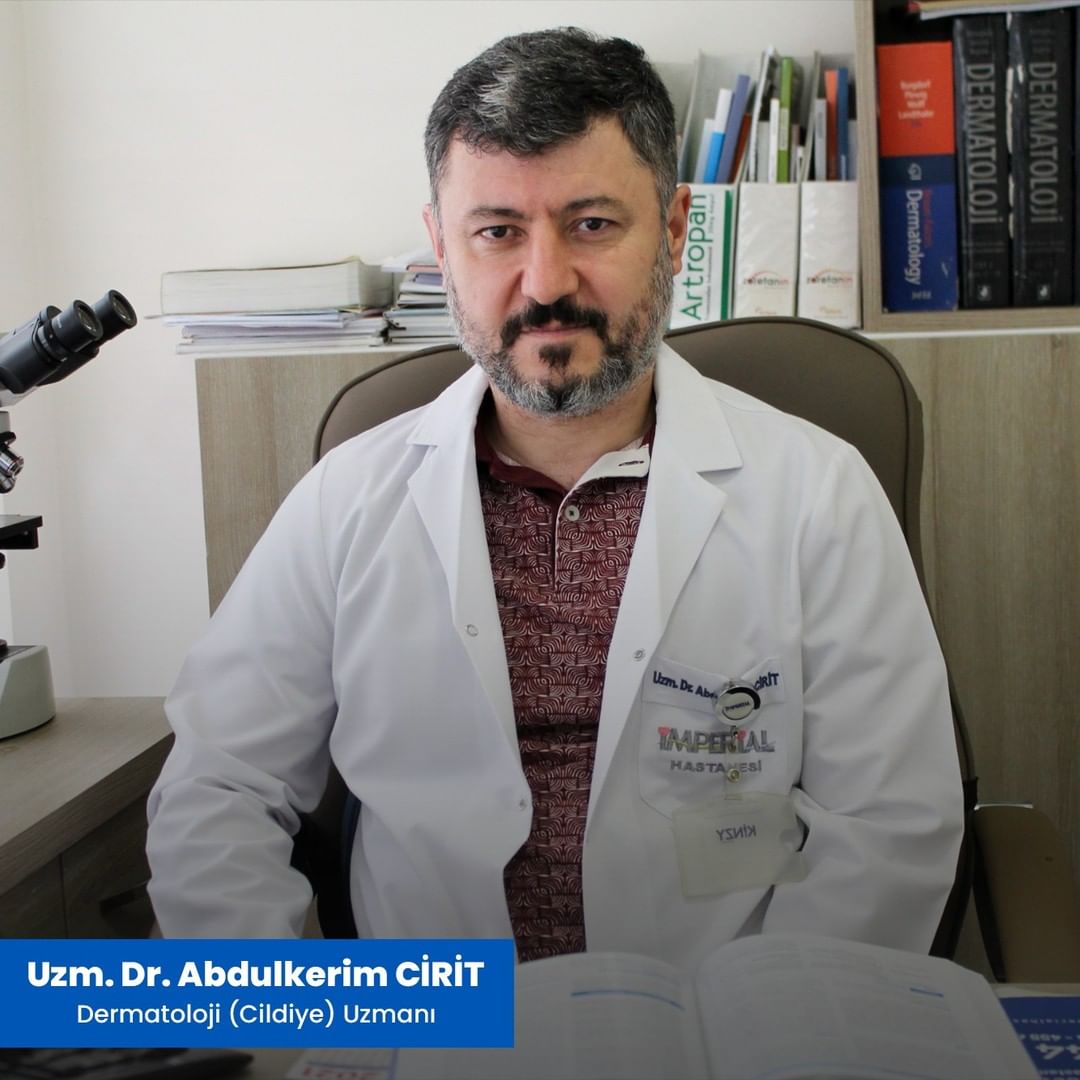LGS Warning to Students and Parents

LGS warning from Child and Adolescent Mental Health and Diseases Specialist Dr. Faculty Member Canan İnce Börekci
Private İmperial Hospital Child and Adolescent Mental Health and Diseases Specialist Dr. Faculty Member Canan İnce Börekci issued warnings to students and parents before the High School Entrance Exam (LGS) to be held on Sunday.
Stating that it is natural and normal to experience anxiety in situations where knowledge and skills are evaluated with certain criteria, such as exams, Dr. İnce Börekci reminded that anxiety, which is intense enough to disrupt the preparation process and exam performance, level of success, and prevent a person from using their knowledge well, negatively affects the success rate in the exam. Börekci said, “Managing time and the preparation process, study habits, the meaning given to the exam and its results, the expectations of the family and the environment, and fear of failure are effective factors in development. Children and young people experiencing exam anxiety may experience restlessness, anxiety, panic, anger, fear of failure, as well as physical complaints such as nausea, palpitations, shortness of breath, distress, dizziness, tremors, dry mouth, sweating, sleep disorders, stomach aches, headaches, impaired attention and concentration, and decreased self-confidence. Recognizing the symptoms and anxiety is important in realizing that the complaints experienced are not symptoms of a possible bad outcome but merely symptoms of anxiety,” he said.
“Focus on positive inner voices”
Borekci, who listed what children should do before the exam, said, “Children should focus on the process, their preparations, subjects, and learning, not on the outcome, as much as possible during the preparation process. They should avoid approaches that belittle their knowledge and skills, preparation, and effort, and that make the difficulties and exams catastrophic; They should know that it is normal for thoughts such as ‘I won’t be able to do it, I will forget everything I know’ to come to their mind from time to time; They should try to focus on positive inner voices such as ‘I did my best’ instead of negative thoughts; They should prepare for the exam not only physically but also mentally and emotionally; They should benefit from relaxation exercises such as walking to reduce physical and mental stress; They should eat healthy, pay attention to fluid intake, maintain their sleep routines and enter the exam with interval targets rather than point targets, which will be beneficial in reducing exam anxiety.”
“Do not look at the exam as a matter of life and death, do not compare with their peers”
Börekci also gave advice to parents and said the following: “They should be meticulous in their conversations about the exam, avoid glorifying the exam, making it a matter of life and death, and comparing their children with their peers; They should avoid negative comments about test results and trial results, especially in the period close to the exam; They should not see exam success as the sole criterion for success in life; They should be realistic about their expectations; They should try to understand their children’s feelings and thoughts, be a model for their children with stress management and coping skills; They should give their children confidence by giving positive feedback.”

We are here for a healthy future with our expert team. Contact us now.






